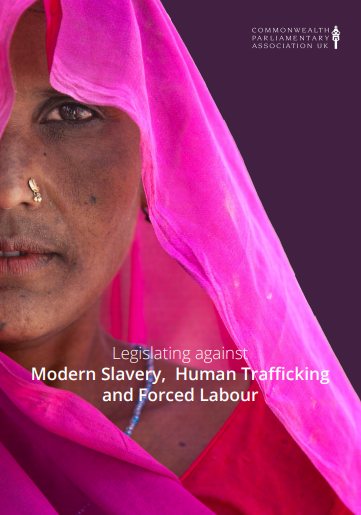Assessing Labor Risk for Workers Migrating from the Philippines to Europe
GuidancePublicationsMillions of people from the Philippines have migrated abroad for employment, seeking a better life and improved economic status for themselves and their families. Today, over 10 million Filipinos are estimated to live and work internationally, with ...Read More

